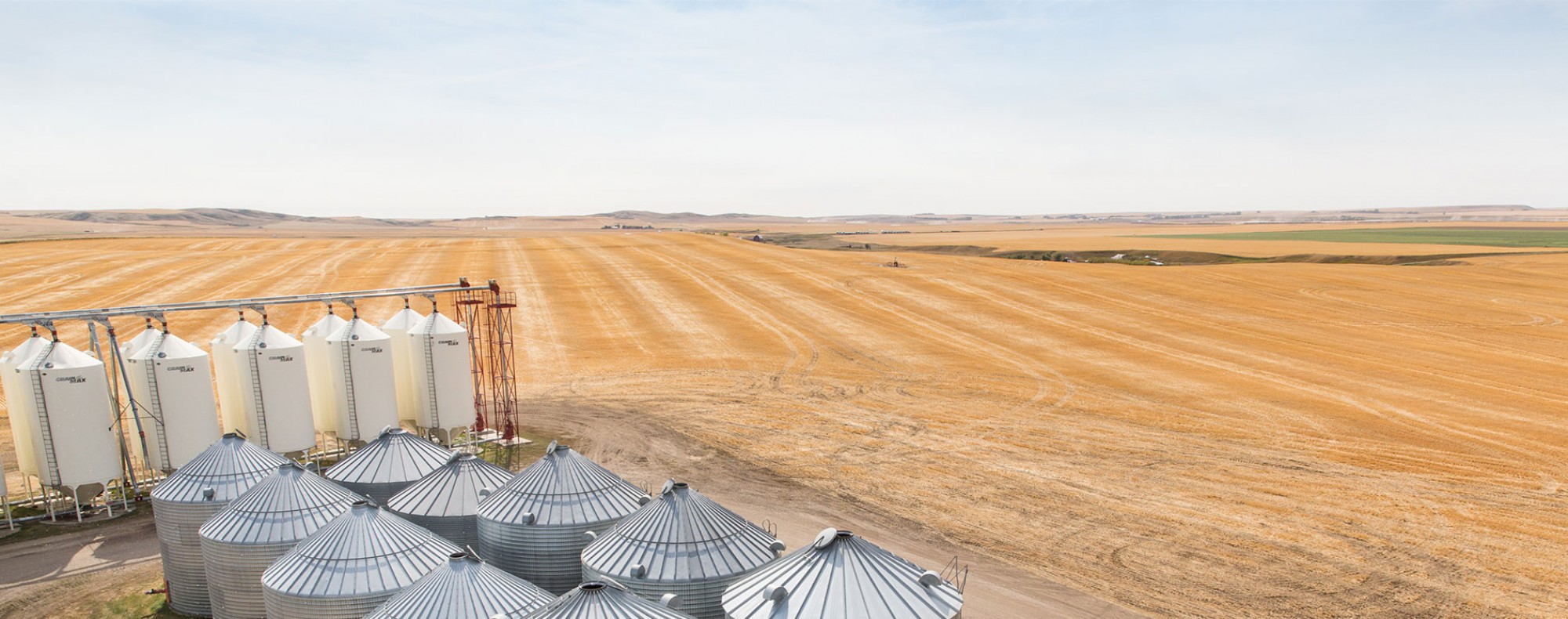Introgressing thinopyrum inter-medium stripe rust resistance genes into wheat
AWC contribution: $102,296
Start Date: April 1, 2021
End Date: March 31, 2024
Dr. André Laroche, AAFC Lethbridge
Summary:
Plant breeding is a continuous process to align crop improvement objectives with that of continuously evolving biotic threats against crops. Breeding for biotic stress like stripe rust is an ongoing challenge due to the continuous emergence of newly adapted races. The proposed research aims to translate the research findings of a recently concluded upstream research project where novel genetic sources of resistance against pathogens including stripe rust (330 different putative R genes) have been identified using the novel RenSeq method, in a diversity panel of intermediate wheatgrass accessions. As such, pre-breeding activities have been initiated to introgress the genomic regions harbouring the novel alleles into elite backgrounds of Canadian wheat cultivars through bridge crosses with Crocus, a line with high crossability. Development of breeder-friendly DNA markers to track the transfer from introgression lines into wheat cultivars, functional characterization and validation studies of the novel genes and alleles
conferring stripe rust resistance has been proposed using proven biotechnological, genomic and gene editing tools. Broadening the genetic base of released wheat cultivars by deploying novel sources of resistance from wheatgrass will make them more resilient to emerging races of stripe rust. Ultimately, incorporating diverse sources of genetic resistance will have both economic and ecological benefits to Canadian wheat producers.
